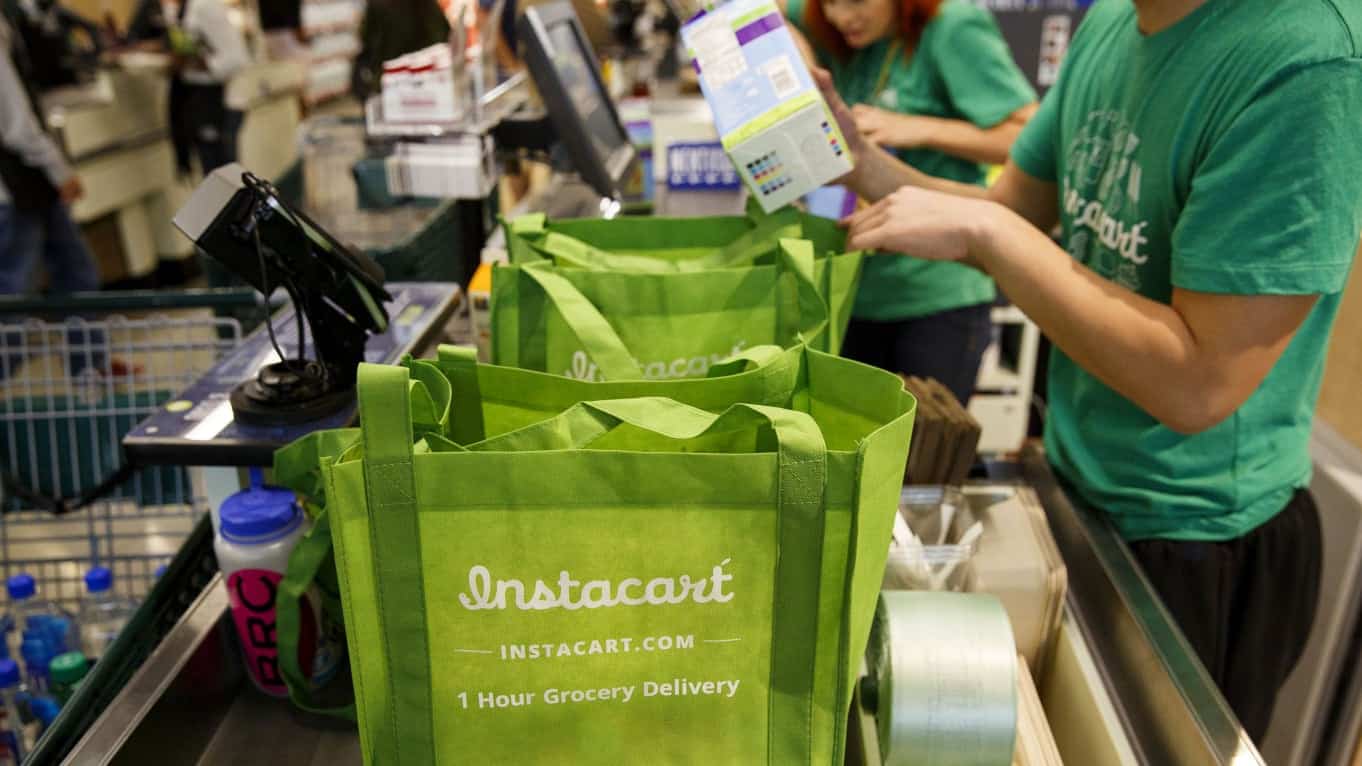House Democrats and the Trump Administration appear on the verge of agreement on the United States-Mexico-Canada Agreement (USMCA), a North American trade deal that President Trump is billing as a NAFTA replacement. House Speaker Nancy Pelosi would not confirm news of a trade deal last night, but told press that “we made great progress” towards an agreement and that United States Trade Representative Bob Lighthizer is flying to Mexico today in an effort to finalize the deal.
President Trump campaigned on renegotiating NAFTA—but the new agreement maintains is extremely similar to NAFTA, making relatively few changes to the existing law and leaving NAFTA’s most-criticized provisions in place. USMCA does include a few significant changes, including increasing minimum wages for Mexican auto factories, requiring cars to have 75 percent of their components (up from 62.5% under NAFTA) manufactured in North America to qualify for zero tariffs, and increasing the duration patents for “biologics” specialty drugs, protecting BigPharma from competition by more affordable, generic medicine—though House Democrats have demanded the last provision be dropped in exchange for their support for ratification, and the White House signaled this week it might agree to do so.
Instacart workers are escalating their campaign demanding the gig company raise workers’ pay, reports Vice reporter Lauren Gurley. A group of Instacart delivery workers went on strike early last month, asking the company to restore a previous 10% default tip amount on the Instacart app. In 2016, the company replaced 10% tipping fee built into every app order with a service fee collected by the company, rather than delivery workers. Sustained worker pressure has forced the company to raise workers’ minimum pay, but the company has faced ongoing accusations of misappropriating workers’ tips.
Under pressure from survivors of gender-based violence, Uber released internal records that shows that over 3,0000 people were sexually assaulted during Uber ride shares last year. Public attention has focused on passengers who have sued the companies for failing to prevent sexual assault by drivers, but Uber’s internal data shows that 42 percent of reports to the company came from drivers who reported being sexually assaulted on the job.
Donald Trump has appointed more than one-quarter of active Appeals Court judges in the nation. Vox’s Ian Millhiser explores the implications Trump judicial appointees pose for workers’ rights and other progressive causes.
One year after the nationwide prison strike, Kim Kelly covers what’s changed—and what hasn’t— for Teen Vogue.






Daily News & Commentary
Start your day with our roundup of the latest labor developments. See all
July 8
In today’s news and commentary, Apple wins at the Fifth Circuit against the NLRB, Florida enacts a noncompete-friendly law, and complications with the No Tax on Tips in the Big Beautiful Bill. Apple won an appeal overturning a National Labor Relations Board (NLRB) decision that the company violated labor law by coercively questioning an employee […]
July 7
LA economy deals with fallout from ICE raids; a new appeal challenges the NCAA antitrust settlement; and the EPA places dissenting employees on leave.
July 6
Municipal workers in Philadelphia continue to strike; Zohran Mamdani collects union endorsements; UFCW grocery workers in California and Colorado reach tentative agreements.
July 4
The DOL scraps a Biden-era proposed rule to end subminimum wages for disabled workers; millions will lose access to Medicaid and SNAP due to new proof of work requirements; and states step up in the noncompete policy space.
July 3
California compromises with unions on housing; 11th Circuit rules against transgender teacher; Harvard removes hundreds from grad student union.
July 2
Block, Nanda, and Nayak argue that the NLRA is under attack, harming democracy; the EEOC files a motion to dismiss a lawsuit brought by former EEOC Commissioner Jocelyn Samuels; and SEIU Local 1000 strikes an agreement with the State of California to delay the state's return-to-office executive order for state workers.